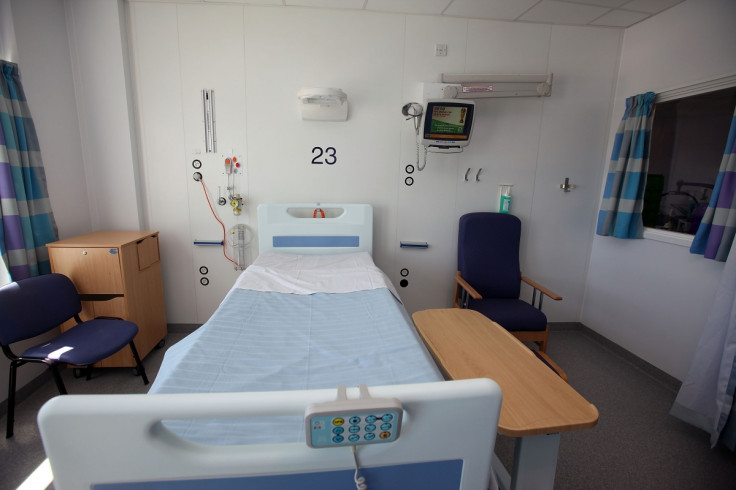Hospital Elevator Buttons Dirtier Than Toilets

Without taking it to Lady Macbethan scales, it may be a good idea to wash your hands now and then. Definitely do so if you have been travelling in hospital elevators.
A new study published in the journal Open Medicine reveals that hospital elevator buttons are dirtier than toilets.
Elevator buttons had a 61% chance of bacterial growth while toilets had a lower 43% level of contamination, the findings showed. The organisms found in both cases were not deadly germs but since the samples were tested only for bacterial infections, the prevalence of germs may be even higher.
A total of 120 elevator buttons and 96 toilet surfaces were swabbed over separate intervals at three hospitals in Toronto, Ontario. For the toilet surfaces, swabs were taken from the exterior and interior handles of the entry door, the privacy latch, and the toilet flusher.
No significant differences in colonisation prevalence were apparent in relation to location of the buttons, day of the week, or panel position within the elevator.
Mobile phones & Handwashes
It may be recalled that an earlier study done in the UK had revealed hands and mobile phones were contaminated with bacteria, including the dangerous Escherichia coli. According to that research, one in six mobile phones in Britain is contaminated with faecal matter (E. coli) and experts say the most likely reason for the potentially harmful bacteria festering on so many gadgets is people failing to wash their hands properly with soap after using the toilet.
Although 95% of people interviewed said they washed their hands with soap where possible, 92% of phones and 82% of hands had bacteria on them.
However, popular antibacterial soaps and washes are no more effective at preventing illness than plain soap and water, a US FDA advisory panel has noted. The experts said it may not be worth the risk of spawning resistant bacteria. The committee made a unanimous exception for evaporating alcohol-based hand cleansers, which it said could be of use in places without ready access to soap and water.
© Copyright IBTimes 2025. All rights reserved.





















